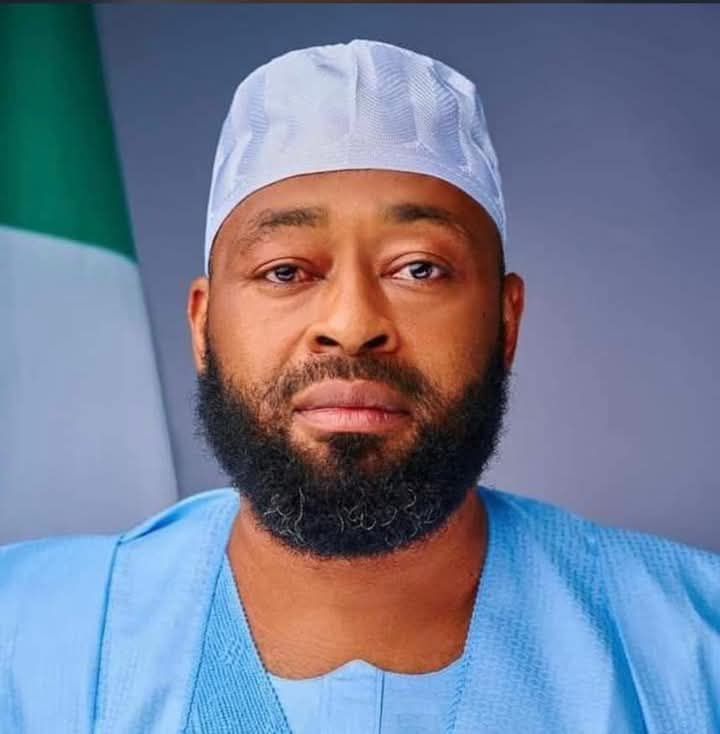By Tony Onyima, Ph.D.

The recent closure of Badeggi Radio in Niger State by Governor Mohammed Umar Bago has reignited a fundamental national conversation around press freedom and the limits of executive power in a democratic state. The Nigerian Guild of Editors (NGE) has condemned the governor’s action in unequivocal terms, describing it as “a blatant attack on press freedom and democracy.” Beyond the headlines, however, the incident reveals a more profound unease with how public office holders relate to independent media, and it raises urgent questions about the protection of constitutional rights under Nigeria’s democratic dispensation.
At the heart of the controversy is Governor Bago’s decision to unilaterally shut down Badeggi Radio over allegations of incitement. According to the NGE, the governor bypassed the legally established regulatory framework governing broadcast media. In Nigeria, the Nigerian Broadcasting Commission (NBC)—a federal agency—is empowered to investigate and sanction broadcast stations following due process. The governor’s directive, which led to physically sealing the station’s premises, therefore represents a legal overreach and an affront to institutional integrity.
The 1999 Constitution (as amended), particularly Section 39, guarantees freedom of expression, including the freedom to own, operate, and access the press. Similarly, Article 9 of the African Charter on Human and Peoples’ Rights, ratified by Nigeria, provides for freedom of expression without interference. Governor Bago’s action, lacking the imprimatur of a competent regulatory or judicial body, is inconsistent with these provisions.
What makes the situation even more troubling is the resort to executive fiat—a standard tool in authoritarian regimes—rather than lawful recourse to regulatory mechanisms. The NGE has rightly pointed out that allegations such as incitement to violence are serious and must be thoroughly investigated. But investigations should precede sanctions, not the other way around.
The closure of Badeggi Radio fits a pattern of growing intolerance among political elites to criticism, dissent, or alternative narratives, especially from local and community-focused media. These outlets, often the only source of localised information for rural and peri-urban populations, serve a critical function in democracies by enabling citizen participation, amplifying marginalised voices, and holding local leaders accountable.
The NGE’s allusion to the “dark days of military rule” is more than a rhetorical flourish. Nigeria’s history is replete with examples of media suppression under military regimes. The notorious Decree 4 of 1984, under which journalists could be jailed for publishing “false statements,” whether factual or not, remains a chilling reminder. Sealing a media house without due process evokes this authoritarian legacy—something Nigeria’s 26-year-old democracy has striven to transcend.
The Guild’s statement serves as both a rebuke and a caution: Democracy is not just about elections and officeholders but also institutions, civil liberties, and respect for the rule of law. The arbitrary shutdown of media outlets undermines all three.
To his credit, Minister of Information and National Orientation Mallam Mohammed Idris publicly acknowledged the governor’s illegal action. However, as the NGE notes, mere acknowledgement is insufficient. Executive intervention is required: immediately unsealing Badeggi Radio and reaffirming NBC’s regulatory primacy. Anything less could set a dangerous precedent where state governors assume powers they do not constitutionally possess, emboldening others to silence dissent with impunity.
While defending the radio station’s right to exist and operate freely, the NGE reminded journalists of their professional obligations. The call for ethical and responsible journalism is timely. Incitement to violence is a serious charge, and media platforms must be cautious not to become tools for stoking communal tensions or spreading misinformation. That said, ethical lapses should be addressed through due regulatory and judicial processes—not executive high-handedness.
This incident calls for greater vigilance by media stakeholders, civil society, and citizens. The creeping normalisation of state-sponsored media clampdowns, often justified by vague accusations of “threats to public order,” should not be allowed to take root. If allowed to stand, the closure of Badeggi Radio could become a template for future abuses.
Equally, institutions like the NBC must assert their independence and prevent politicians from using them as instruments of vendetta or silencing dissent. And professional bodies like the NGE must go beyond statements to coordinate legal challenges and galvanise public awareness around such infractions.
The Nigerian Guild of Editors has raised an alarm that should not be ignored. Badeggi Radio’s closure is not an isolated event but a symptom of a deeper democratic malaise. Whether driven by hubris, ignorance of the law, or an emerging culture of intolerance, Governor Bago’s action represents a backwards slide in Nigeria’s democratic journey.
Reopening Badeggi Radio pending the conclusion of any investigation is not just the right thing to do—it is the only legal and democratic option. For democracy to thrive, freedom of the press must be sacred. It is not merely a right for journalists or media houses—it is the oxygen of the public sphere. Smothering it, even temporarily, endangers us all.



